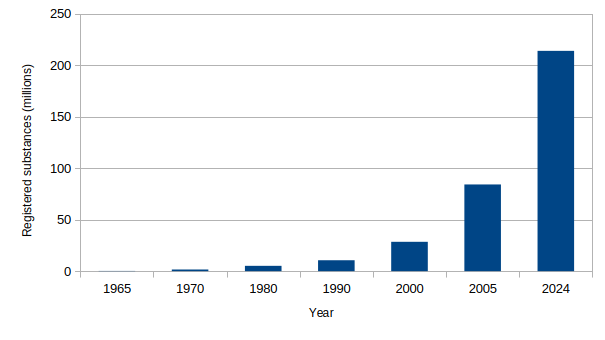-
Does drinking champagne really reduce the risk of cardiac arrest?
The headline: Drinking champagne could reduce risk of sudden cardiac arrest, study suggests. But does the study actually suggest that? The full text article. For some reason scientific articles don’t get linked to in newspaper stories. The study used data from the UK biobank and the authors attempted to reduce confounding and show causality through…
-
How much do we really work?
When asked how many hours they work, people tend to give the hours spent in paid employment. But paid work isn’t the only work people do. If ‘work’ only meant paid work then hunter gatherers and slaves must have spent their lives in idle leisure. That is obviously absurd. So what exactly do we mean…
-
How can we reduce the ingestion of microplastics?
Once thought inert, plastic has been found to disrupt endocrine function while contributing to allergies, inflammation and even cancer. Global treaties on its production and disposal are sorely needed. But what can we do as individuals to limit our personal exposure to plastic and prevent its accumulation in our bodies? How does plastic get into…
-
The staggering increase of artificial substances
A recent study indicates an alarming increase in cancer rates among young people. While the causes are unclear, environmental factors, particularly pollution and artificial substances, are strongly suspected to contribute to this emerging trend. While most of us are aware of the rapid rise in greenhouse gas emissions, equally astounding has been the growth of…
-
Does sport actually improve health?
As students of elementary statistics learn, correlation does not equal causation. Yet much of the research used to drive policy conflates the two. For example, sporting participation and good health are positively associated. From this it has been extrapolated that promoting sport will lead to better population health. It is trivially obvious that people who…
Contrarian Camel
Contrarian views on any random topic

